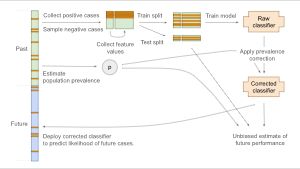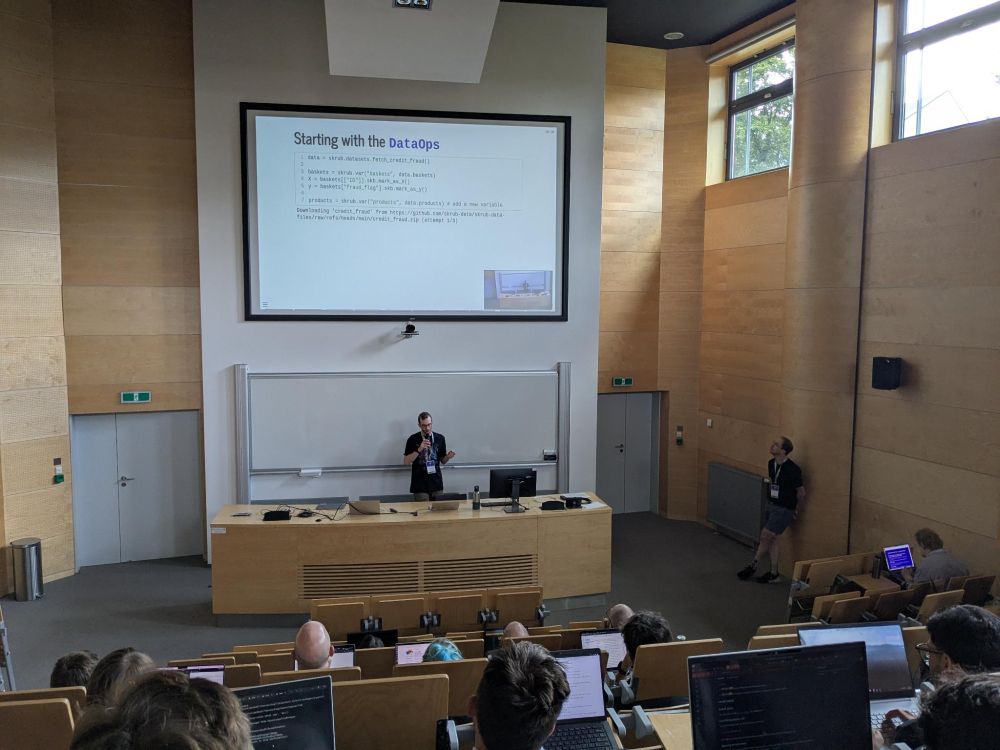Olivier Grisel
@ogrisel.bsky.social
2.6K followers
1.1K following
100 posts
Software engineer at probabl, scikit-learn contributor.
Also at:
https://sigmoid.social/@ogrisel
https://github.com/ogrisel
Posts
Media
Videos
Starter Packs
Reposted by Olivier Grisel
Olivier Grisel
@ogrisel.bsky.social
· Sep 2
Olivier Grisel
@ogrisel.bsky.social
· Sep 2

MNT Mark cython extensions as free-threaded compatible by lesteve · Pull Request #31342 · scikit-learn/scikit-learn
Part of #30007
Cython 3.1 has been released on May 8 2025.
Following scipy PR scipy/scipy#22658 to use -Xfreethreading_compatible=True cython argument if cython >= 3.1
This cleans up the lock-fi...
github.com
Reposted by Olivier Grisel
Reposted by Olivier Grisel
Jeremy Tuloup
@jtp.io
· Aug 19
Olivier Grisel
@ogrisel.bsky.social
· Aug 19
Olivier Grisel
@ogrisel.bsky.social
· Aug 19
Olivier Grisel
@ogrisel.bsky.social
· Aug 19
Olivier Grisel
@ogrisel.bsky.social
· Aug 19
Olivier Grisel
@ogrisel.bsky.social
· Aug 19
Olivier Grisel
@ogrisel.bsky.social
· Aug 19
Olivier Grisel
@ogrisel.bsky.social
· Jul 30
Olivier Grisel
@ogrisel.bsky.social
· Jul 30
Olivier Grisel
@ogrisel.bsky.social
· Jul 30
Olivier Grisel
@ogrisel.bsky.social
· Jul 30
Olivier Grisel
@ogrisel.bsky.social
· Jul 30








